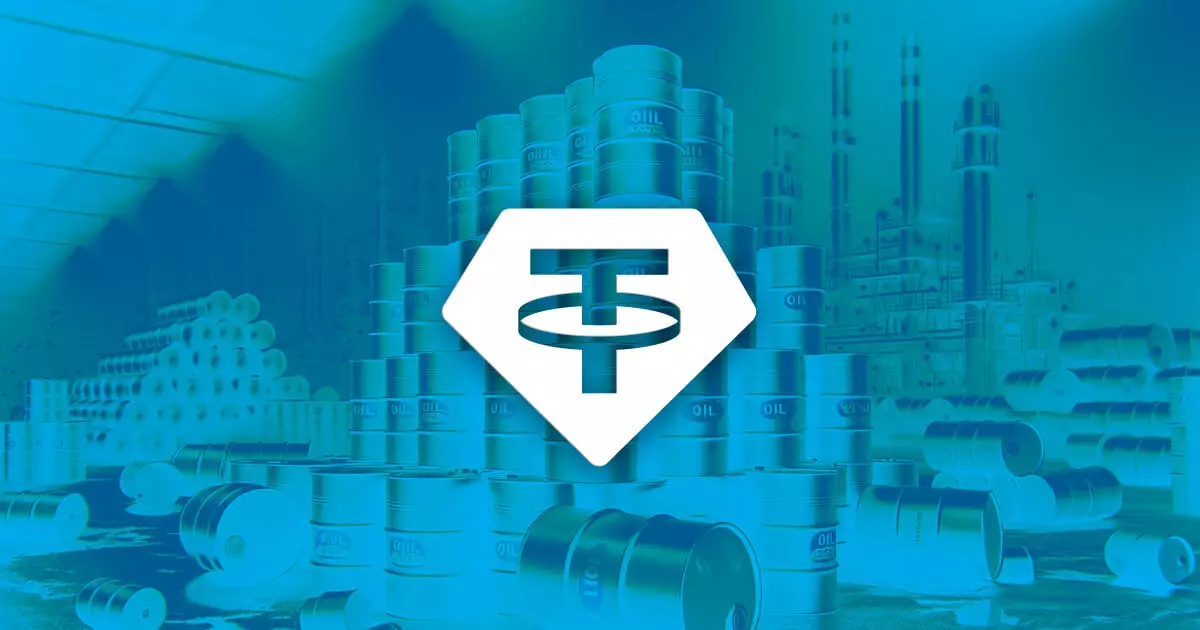In a recent statement to CryptoSlate, stablecoin issuer Tether announced that they would be freezing any addresses associated with sanctioned entities. This decision was made in response to reports suggesting that certain state actors were using Tether’s USDT tokens to bypass US sanctions. A spokesperson for the company emphasized Tether’s commitment to complying with the Office of Foreign Assets Control (OFAC) SDN list and ensuring that addresses linked to sanctions are promptly frozen.
Over the past year, Tether has taken proactive steps to freeze addresses holding substantial amounts of digital assets engaged in illegal activities. For example, the company froze 32 addresses last year, totaling $873,118.34, that were connected to illicit activities in Israel and Ukraine. CEO Paolo Ardoino emphasized that these actions demonstrate Tether’s dedication to enhancing safety standards in the growing cryptocurrency industry.
Despite Tether’s efforts to enforce compliance, recent reports have highlighted the ongoing exploitation of USDT stablecoins by terrorist groups and sanctioned nations to evade restrictions. For instance, Venezuela’s state-owned oil company, PDVSA, was reportedly using USDT stablecoins for crude oil and fuel exports in response to renewed US sanctions. Additionally, the US Treasury Deputy Secretary raised concerns about Russia’s increasing use of alternative payment methods, including Tether’s USDT stablecoins, to bypass economic sanctions.
A United Nations report underscored the prevalence of cryptocurrency-based money laundering, particularly through Tether or USDT on the TRON blockchain, with illegal online gambling platforms serving as key facilitators. These developments have prompted calls for stricter regulatory measures in the stablecoin market. US Senator Elizabeth Warren has advocated for comprehensive regulations that include anti-money laundering and counter-terrorism financing requirements for stablecoin issuers and decentralized finance intermediaries.
As the use of stablecoins like Tether’s USDT continues to grow, it is crucial for regulatory authorities to address the challenges posed by illicit activities and sanctions evasion. Tether’s actions to freeze addresses linked to sanctioned entities are a step in the right direction, but further measures may be needed to safeguard the integrity of the stablecoin market and prevent bad actors from exploiting its potential for illicit financial activities. Regulatory frameworks that encompass anti-money laundering and counter-terrorism financing provisions are essential to ensure the responsible use of stablecoins and maintain the integrity of the broader cryptocurrency ecosystem.
















Leave a Reply